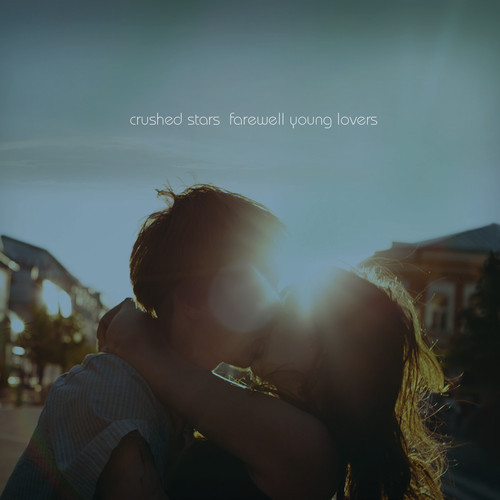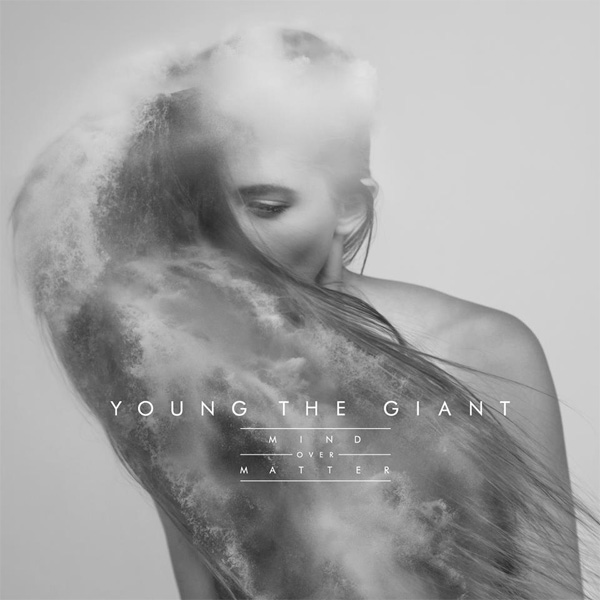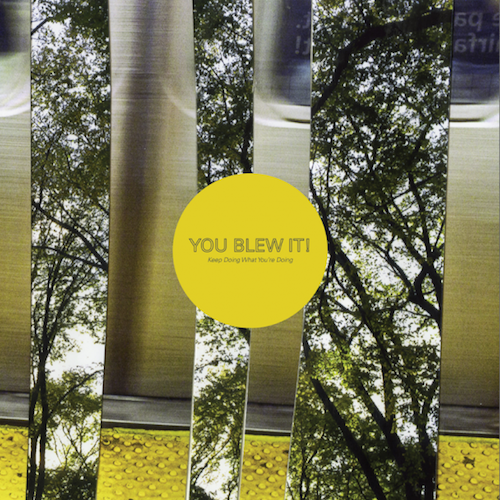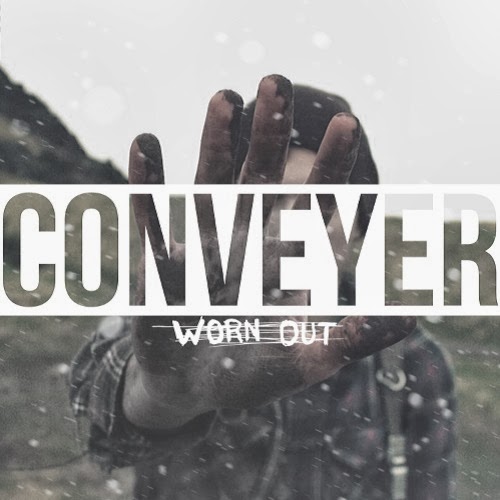 Crushed Stars – Farewell Young Lovers
Crushed Stars – Farewell Young Lovers





Even on its seventh album, Crushed Stars brings a refreshing spin to its signature indie pop. The group’s latest release, Farewell Young Lovers, is the musical equivalent of a calm, solitary, and utterly relaxing day at the beach. Most of the songs are gentle, soothing, and atmospheric, laid back but with a quiet energy.
Lead singer Todd Gautreau’s husky, crooning voice complements the soft, feel-good, indie-pop music that rolls in the background. Farewell Young Lovers is characterized by rich melodies, lush rhythms, and highly polished production.
“Poppies,” a bold, experimental instrumental track, is the most polished song on the album, and certainly stays true to its name; it could be the musical accompaniment to Dorothy’s drugged-out trip through the poppy field.
“Poppies” is a mishmash of soft, ambient soundscapes and vague, mystical, Eastern sounds all produced to perfection.
It might not be the most popular song, but it demonstrates that Crushed Stars has the caliber to push the musical boundaries.
While the album evokes a feel-good, relaxed tone, some of the songs ironically deal with heavy subject matter, especially “Haters” and “Flowerbomb.” “Haters” is, according to Gautreau, about “religious people” who are bigoted and hateful.
The fast tempo, syncopated drum beats, catchy guitar riff, and amazing, Nirvana-like chorus give the song a slightly harder edge that’s a pretty far cry from most of the album, especially following the tranquility of “Poppies.” Still, Gautreau navigates the harsh material by singing softly and passionately, not with blind anger.
Opening track “Flowerbomb” describes a double-edged sword of a woman, who’s sweet yet explosive. The hard, fast-moving drum beats and simple guitar chords are reminiscent of Sonic Youth. Though rooted in punk tendencies, “Flowerbomb” is still light and melodious enough to have a natural place on Farewell Young Lovers.
Farewell Young Lovers is a beautiful album that has set a high benchmark in today’s pop scene. Crushed Stars’ approach to music is simple: keep it gentle, melodic, and upbeat, even when the subject matter is quite dark. The band has been around for more than ten years, but its unique approach to blending electronica and indie pop is as successful as ever.
Crushed Stars does have a distinct style in every song, which becomes a minor flaw with repetition. Each track starts with instruments in the forefront while Gautreau sings in the background. His vocals sound distant and filtered, which is not a bad thing—it’s quite calming—but it becomes a little stale by the end of the album.
Nonetheless, these flaws are minimal. Farewell Young Lovers is the perfect antidote for stress, and its delicate, personal sound makes it an album not to be missed.
Crushed Stars – Farewell Young Lovers tracklist:
- “Flowerbomb”
- “Fantastic Birds”
- “Our Interest In Claire”
- “This Happens Every Time”
- “Fly”
- “Poppies”
- “Haters”
- “Supernova”
- “Crocodiles”










